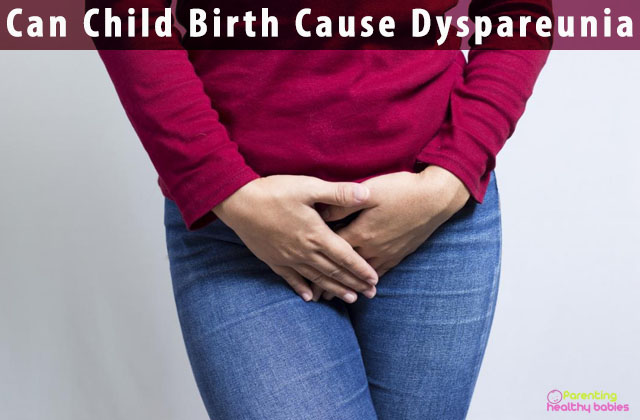On the heels of a global pandemic and an unusually harsh flu season, now there’s yet another wave of infection to contend with: Norovirus. Between late 2022 and early 2023, the CDC has reported 254 outbreaks of this gastrointestinal virus—a number that’s expected to increase through April. While the Norovirus is generally not as serious as the flu or COVID (symptoms tend to resolve within a few days), it can still be quite contagious. Here’s what to know about this recent Norovirus strain and how to keep your household safe.
First of All: What Exactly Is the Norovirus?
Norovirus is an infection caused by eating contaminated foods or encountering contaminated surfaces. It’s often referred to as the “stomach flu,” but it belongs to a different classification of viral strains all together. Whereas the flu is respiratory, Norovirus is gastrointestinal. As such, the most common symptoms include nausea, diarrhea, vomiting, or stomach pain. In some cases, headaches, fevers, or body aches will also occur.
How to Prevent Norovirus Contagion in Your Home
The CDC estimates that about 900 Norovirus cases are fatal each year, and another 109,000 can result in hospitalization. It’s crucial to take precautionary measures, but since Norovirus is not spread from airborne germs, wearing a mask won’t protect you. Cleanliness is the easiest, most effective way to avoid contagion. So follow these action steps below to minimize your chances of falling victim to the Norovirus outbreak of 2023.
1. Disinfect Every Surface Thoroughly
If someone who has the Norovirus touches a surface, that area is now contaminated. To lower the risk of this in your home, it’s important to carefully sanitize all surfaces on a regular basis. Wear gloves to protect your skin from contact with any germs, then scrub with a concentrated chlorine bleach solution or another EPA-registered antimicrobial disinfectant. Leave the cleaner on each surface for at least five minutes, then wipe it off with soap and hot water. Pay extra close attention to the high-touch areas such as doorknobs, counters, furniture, appliances, light switches, and bathroom or kitchen fixtures.
2. Wash Your Clothes and Linens Often
Norovirus contaminants can also latch onto soiled clothes, towels, or sheets. If any member of your household complains of feeling sick, wash their laundry as soon as possible. Be sure to wear gloves when you touch these items, then scrub your hands with antimicrobial soap and hot water immediately. Use a high-concentration detergent formula, then set your washing machine on hot water at the maximum cycle length. Once the laundry is clean, transfer it into the dryer on the maximum setting as well. Intense heat kills off viral germs, so remember to sanitize clothes and linens frequently—it’s just smart hygiene.
3. Be Mindful of All Kitchen Preparation
Since the Norovirus is primarily a foodborne illness, it’s common to spread this infection through kitchen activities. If you feel unwell, do not handle or cook food for anyone else—but even if you aren’t sick, it’s still beneficial to follow health and safety precautions in the kitchen. Rinse off all fruits or vegetables before consumption. Wash your hands with soap and hot water immediately after touching raw meat or egg yolks. Set your oven or stovetop to at least 150°F (the virus can withstand temperatures as high as 145°F). Then, be sure to thoroughly scrub all the cookware, utensils, appliances and counters after use.
4. Hire a Professional Cleaning Service
If you hired a deep cleaning service to disinfect your home at the height of COVID-19, now is the time to do that again. Professional cleaners use EPA-certified, hospital-grade antimicrobial solutions to eliminate viral pathogens from your entire house—even those hard to reach spaces you might often overlook. A clean home from top to bottom equals safety and peace of mind, so don’t wait until you or a loved one catches the Norovirus. Take proactive measures on the front end by calling in the expertise of trained professionals. These technicians follow CDC protocols to ensure the health of your living environment.
Avoid Norovirus with a Clean, Sanitary Home
One of the most effective defenses against the Norovirus is keeping your house clean. Sure, this sounds obvious, but it’s easy to neglect in the shuffle of daily life. So make time in your routine to disinfect and sanitize—it’ll do wonders for the health, safety, and well-being of your entire household. Those Norovirus germs won’t even stand a chance!













